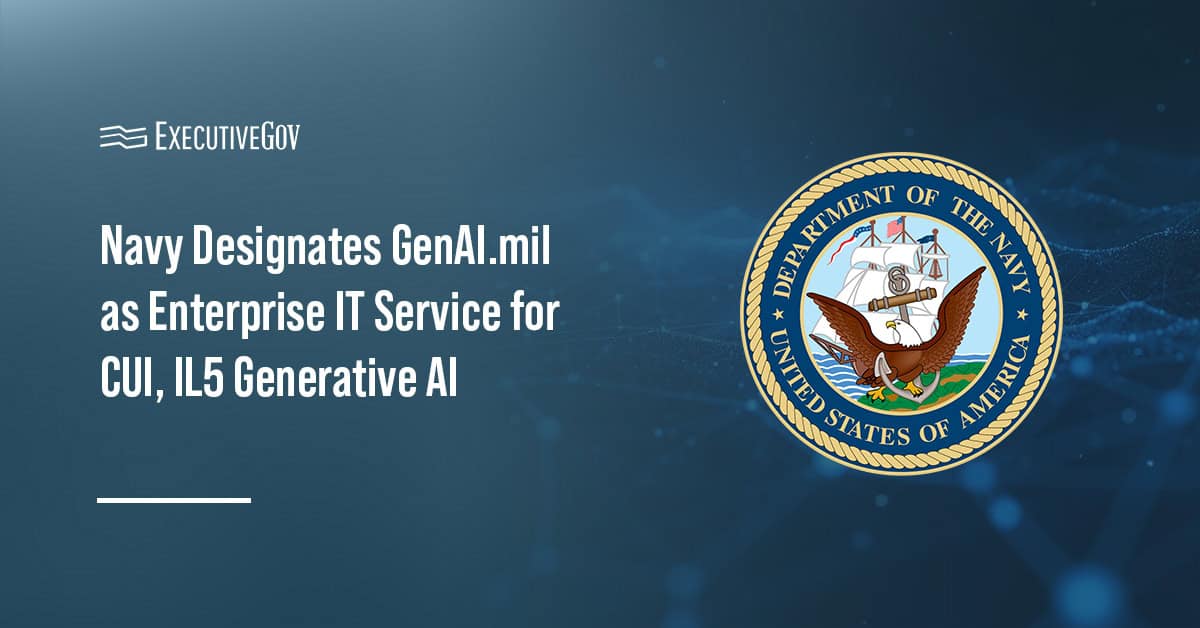 President Donald Trump has decided to eliminate a weight limit on warheads added to South Korea’s missile systems in response to a nuclear missile test launch from North Korea, Reuters reported Monday.
President Donald Trump has decided to eliminate a weight limit on warheads added to South Korea’s missile systems in response to a nuclear missile test launch from North Korea, Reuters reported Monday.The current missile pact between U.S. and South Korea limits the weight of the latter country’s warheads to 1,100 pounds per unit at a flight range of up to 497 miles.
Trump also issued a conceptual approval that provides an option for South Korea to purchase billions of dollars worth of weapons from the U.S. during his meeting with South Korean President Moon Jae-in, the report noted.
Stars and Stripes reported Monday that South Korea also wants to install four more launchers for the Terminal High Altitude Area Defense missile defense system.
South Korea’s ministry of national defense said the additional deployment will help the country counter potential nuclear threats from North Korea.





